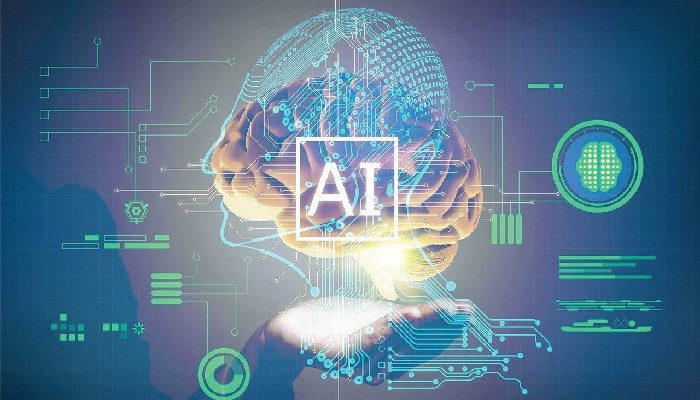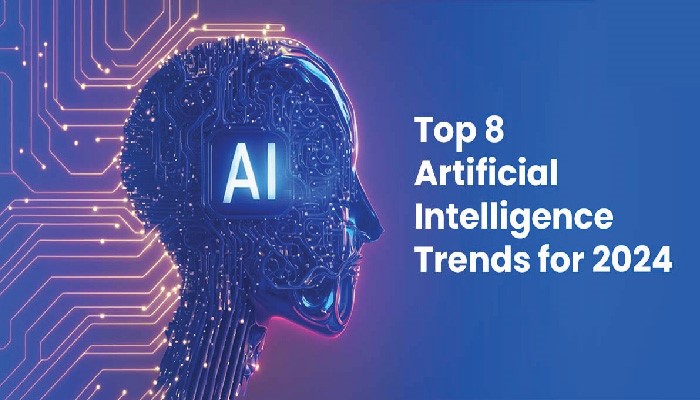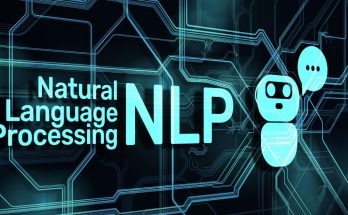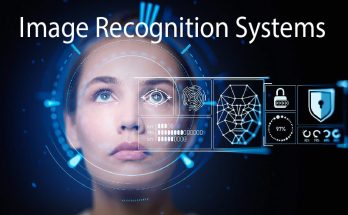Unveiling the Future: Emerging Trends in Artificial Intelligence
Welcome to the world where machines are learning, adapting, and evolving like never before – welcome to the realm of trends in Artificial Intelligence (AI). From transforming industries to shaping societies, AI has become more than just a buzzword; it’s a game-changer that is revolutionizing how we live, work, and interacts. In this blog post, we will delve into the exciting world of AI and explore the emerging trends that are set to redefine our future. So buckle up as we unveil the fascinating journey of AI from its inception to what lies ahead!

The Evolution of AI: From Past to Present
Artificial Intelligence has come a long way since its inception. Initially focused on rule-based systems, AI evolved with the introduction of machine learning algorithms that allowed computers to learn from data. This shift marked a significant turning point in the field, enabling AI to make predictions and decisions independently.
As technology advanced, deep learning emerged as a powerful tool within AI, mimicking how the human brain processes information through artificial neural networks. This breakthrough led to remarkable achievements in image and speech recognition, natural language processing, and even self-driving cars.
The integration of big data and cloud computing further propelled AI’s capabilities by providing vast amounts of data for analysis and storage. Today, we witness AI applications across various industries like healthcare, finance, transportation, and more – transforming how businesses operate and enhancing our daily lives.
Impact of AI on Industries and Society
The impact of Artificial Intelligence on industries and society is undeniable. In the business world, AI has revolutionized operations by automating tasks, improving efficiency, and providing valuable insights through data analysis. Industries such as healthcare benefit from AI’s ability to diagnose diseases accurately and assist in personalized treatment plans.
In the field of education, AI helps tailor learning experiences to individual students’ needs through personalized recommendations and adaptive learning platforms. This technology also enables advancements in autonomous vehicles, transforming transportation systems and reducing accidents on the roads.
Moreover, AI plays a significant role in societal issues like climate change by optimizing energy consumption and identifying patterns that can lead to more sustainable practices. However, concerns about job displacement due to automation persist as AI continues to evolve rapidly.
Emerging Trends in AI for the Future
As we look towards the future of artificial intelligence (AI), several emerging trends are shaping the landscape of technology and innovation. One significant trend is the rise of Explainable AI, which focuses on developing systems that can provide transparent and understandable reasoning for their decisions. This shift towards transparency is crucial in gaining trust and acceptance from users.
Another exciting trend is the integration of AI with edge computing, enabling devices to process data locally rather than relying solely on cloud servers. This advancement leads to faster response times and increased efficiency in various applications such as autonomous vehicles and smart cities.
Additionally, AI-powered healthcare solutions are revolutionizing patient care by facilitating personalized treatment plans and early disease detection. The combination of machine learning algorithms with medical data has the potential to significantly improve diagnostic accuracy and patient outcomes.
Moreover, AI-driven automation continues to streamline processes across industries, enhancing productivity and reducing operational costs. From manufacturing to customer service, organizations are leveraging AI technologies to optimize workflows and deliver superior services.
These evolving trends in AI signal a promising future where technology continues to transform how we live, work, and interact with our environment.
Ethical Concerns and Regulation of AI
As artificial intelligence continues to advance at a rapid pace, ethical concerns surrounding its use have become increasingly prevalent. One of the primary worries is the potential for bias in AI algorithms, leading to discriminatory outcomes in decision-making processes.
Moreover, there are fears about privacy and data security as AI systems collect and analyze vast amounts of personal information. Issues around accountability also arise when considering who should be held responsible for any errors or harm caused by autonomous AI systems.
Regulation plays a crucial role in addressing these ethical dilemmas and ensuring that AI technology is developed and utilized responsibly. Governments and organizations worldwide are working towards establishing guidelines and frameworks to govern the deployment of AI solutions across various industries.
It is essential to strike a balance between fostering innovation in AI while safeguarding against potential risks and negative consequences that may arise from its unchecked proliferation.
Advancements in AI Technology
Artificial Intelligence technology continues to advance at a rapid pace, revolutionizing the way we interact with machines and data. One significant advancement is in natural language processing, enabling AI systems to understand and generate human language accurately. This development has led to the rise of virtual assistants like Siri and Alexa that can comprehend and respond to voice commands seamlessly.
Another breakthrough in AI technology is computer vision, allowing machines to interpret and analyze visual information. This innovation has paved the way for applications such as facial recognition technology, autonomous vehicles, and medical image analysis tools that enhance efficiency and accuracy.
Additionally, machine learning algorithms have become more sophisticated through advancements in deep learning techniques. These algorithms can now process vast amounts of data efficiently, leading to more precise predictions and personalized recommendations across various industries.
Moreover, AI technologies are increasingly being integrated into robotics systems, enabling robots to perform complex tasks with precision and autonomy. From manufacturing processes to healthcare assistance, these robotic advancements are reshaping industries by streamlining operations and improving productivity.
The continuous advancements in AI technology hold immense potential for transforming our world across multiple sectors from healthcare and finance to transportation and entertainment.
Challenges and Opportunities
In the realm of artificial intelligence, challenges and opportunities coexist in a delicate balance. As AI continues to advance, concerns surrounding data privacy, bias in algorithms, and job displacement have emerged. The need for transparent and ethical AI practices is paramount to mitigate these risks.
On the flip side, the opportunities presented by AI are vast and promising. Industries such as healthcare, finance, and transportation stand to benefit greatly from leveraging AI technologies for improved efficiency and decision-making processes. The potential for innovation seems boundless as researchers explore new applications of AI in various fields.
Navigating the complexities of integrating AI into society requires careful consideration of both its limitations and capabilities. Striking a balance between embracing the transformative power of AI while addressing its associated challenges remains an ongoing endeavor that demands collaboration across sectors.
Conclusion:
In a world that is constantly evolving, Artificial Intelligence stands at the forefront of innovation. The emerging trends in AI are reshaping industries, society, and our daily lives. From autonomous vehicles to personalized healthcare solutions, the future possibilities seem limitless.
As we continue to witness advancements in AI technology, it is crucial to address ethical concerns and implement regulations to ensure responsible development and deployment. The challenges ahead may be significant, but they also present opportunities for collaboration and growth.
Embracing the transformative power of Artificial Intelligence while navigating its complexities will define how we shape tomorrow’s world. Let us move forward with curiosity, caution, and a commitment to harnessing AI for the betterment of humanity. The future is unfolding before our eyes – let’s embrace it together.



